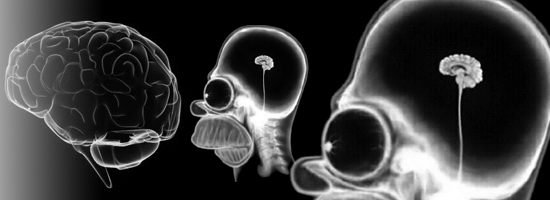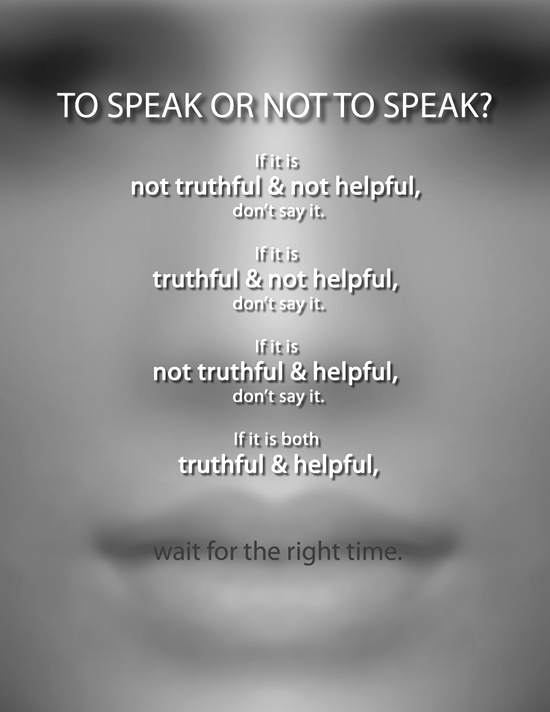
Despite our personal intimacy with our mind – the only space we feel at least private about, we seldom give time to ourselves to explore this domain to understand how it works. Many a times the experience we want to achieve is either random, flip shot, or a wild goose chase. Rarely are we able to ascertain a constant joy by working on its cause. Like an undeveloped land seen as potentials for developers to cultivate, the mind too is a potential goldmine for joy and peace to be cultivated. An undeveloped mind is equivalently similar to an unattended land with overgrown wild weeds.
The purpose of developing the mind is not for any reason other than for our own wellbeing. If wellbeing is our destination, or our aim, it is obvious that the journey too must be geared towards wellbeing. It is rather odd to think that we have to suffer to reap goodness. It is not consistent with the law of nature – as the journey at any and every one point is the destination itself and that the final destination is the culmination of all the points of destination. Thus it is obvious that if Peace is what I am aiming to achieve, I must first develop little peace in my journey. And that is exactly in consistent with the law of nature – the law of causal relationship – what we sow is what we reap.
Thus it is utmost important to know what our aim is when we come into the field of developing the mind so that what we sow along the journey is exactly what we wish to achieve at the ultimate end. What is it that we really wish for? And with all that chase of material possessions, what is the underlying need that we are ultimately looking for? I always find it amusing that we begin the journey of life seeking happiness and we do not know where happiness is, except to follow the pathways carved by past travelers having similar desires. We seldom question whether that pathway finally leads them to their quest. Do we follow the flocks blindly or question the rationality of those paths?
Observe the nature of the world. Everyone is seeking money as pathway for happiness but is there happiness in the end? Ironically, those who seek happiness finally end up seeking for money instead. They forget their main purpose along the journey and fall into the ideas of what happiness is. There is nothing unwise or wrong about money except that we need to get our priorities right, so that we don’t end up wasting precious time on a wild goose chase, seeking for things that are not what we desire or worst, having the opposite of what we were seeking for in the first place.
Similarly with wisdom. If wisdom is ultimately what we wish to achieve, the journey we take on must be inclined towards wisdom. Wisdom is born from understanding, and understanding can only arise through self-inquiry, questioning or introspection – inquiring into the nature of things as they truly are. Wisdom and Truth are related, if not synonymous. With major appliances automated in our lives, we seldom put intelligence to use, not to mention self-inquiry. Ironically it is intelligence that made our lives easier and comfortable. But in return of comfort, the mind inclines towards stupor and inactivity. The world is supported by convenience and with it comes the bane of complacency. Our muscles are not as active, our brain cells less activated, and our mind tranquilized away from intelligence. Thus it is not incorrect to conclude that comparing to the past, it is obvious that more effort is needed to develop active inquiry, to develop wisdom.
The world seems to progress, and yet the mind seems to regress on the opposite direction towards ignorance. Weird isn’t it?


